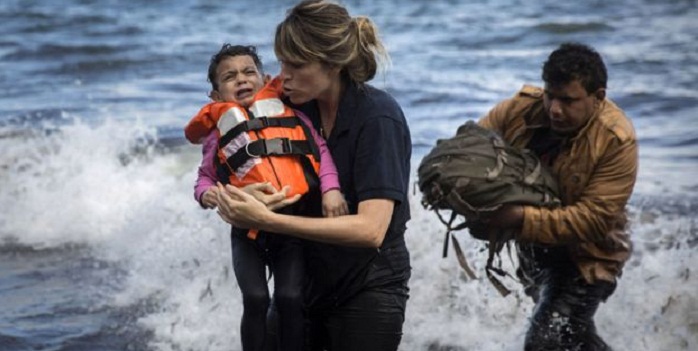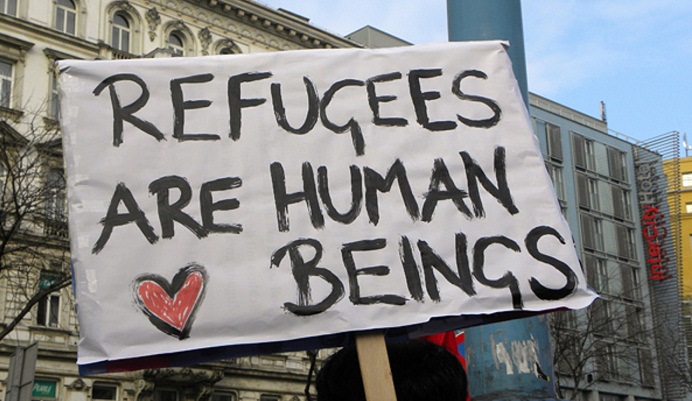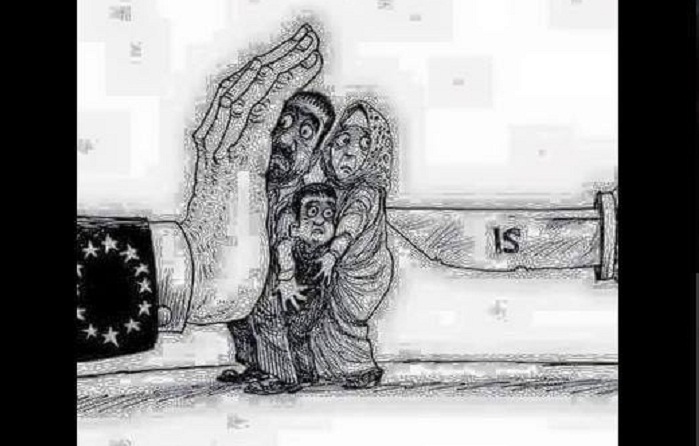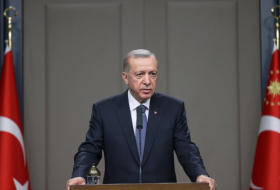That raises an ethical question, of course— do Americans deserve peace of mind more than Syrians refugees deserve safety? The more practical question though, is whether blocking Syrian refugees will stop terrorism.
Defined narrowly, the answer is a qualified yes: A Syrian refugee moratorium would block the narrow subset of terrorists who also happen to be (or are posing as) Syrian refugees.
 ""
""Broadly, the answer is a far less qualified no. Research at every link of this chain suggests that keeping refugees out probably doesn’t stop any terrorists, and letting them in might keep people—or their kids—from taking up arms.
Believe it or not, the main reason is crummy American bureaucracy. Getting into this country is tough. According to the US State Department’s website, the average wait time for processing an asylum request is a year to 18 months. For refugees from the Middle East, it takes longer. People from places there, if they’re engulfed in conflict, tend to lack adequate documentation. That makes background checks difficult. And when in doubt, the Department of Homeland Security tends to deny the request.
The US refugee process is so long, so thorough, that it is probably the least efficient way for a potential terrorist to enter the US. “Why would an ISIS terrorist sit and wait to be a refugee for three years to get into the US, when they could get a radicalized European citizen and fly here on a visa waiver and then live here under the radar?” says Anne Speckhard, director of International Center for the Study of Violent Extremism. Or maybe the terrorist isn’t a European citizen. “They can fly to Mexico and get across the border and it’s a much faster way than the refugee route,” says Speckhard.
 ""
""Who needs the grief, in other words. But then again, “You can have a thousand people come in and 999 of them are just poor people fleeing oppression and violence,” said presidential candidate and senator Marco Rubio (R-FL) in a November 16 speech. “But one of them is an ISIS fighter—if that’s the case, you have a problem.”
In a way, he’s right. Psychiatrists, psychologists, and conflict experts who study terrorism generally agree that everyone who becomes a terrorist does it for different reasons. “If you’re looking at terrorists’ motivations, it is always going to be contextual,” says Speckhard, who is also the author of Talking to Terrorists.
(She has interviewed over 400). “If you are Moroccan, it’s going to be about living in a society that doesn’t really welcome you and gravitating towards something that gives you identity and a feeling of self-worth. If you you’re Chechen, your motivations are trauma and revenge.”
Forced to generalize, the researchers I spoke with described terrorists as traumatized, marginalized, looking for justice, identity, or meaning. And in that sense, Rubio is wrong. The problem is, those words could apply to most refugees, and most refugees are not terrorists. According to the Bureau of Population, Refugees, and Migration, of the 3 million refugees admitted to the US since 1975 (785,000 since 9/11), roughly a dozen have been arrested or removed due to security concerns. Generalization doesn’t work.
Think about mass shootings in the US, says Rochelle Davis, cultural anthropologist at Georgetown who studies Middle Eastern refugees. The perpetrators might share similar profiles, but those similarities are statistically insignificant when compared to all the disaffected, antisocial, mentally troubled, young men who do not pick up a gun, or a bomb, or many guns and bombs. “We may try to explain them, but for the most part each one is an exceptional event,” she says.
 ""
""If you insist on profiling Europe’s terrorists, maybe start closer to home. Besides the errant Syrian passport, most of Europe’s terrorists are European. Terrorists, or at least the brand of religious zealot attracted to ISIS, Al Shabaab, or Al Qaeda, tend to be from marginalized communities. “If you look at the Charlie Hebdo attacks, those individuals were not immigrants or refugees,” says Simond de Galbert, a visiting fellow at the Center for Strategic and International Studies. “They were French citizens, the sons or grandsons or great-grandsons of immigrants who arrived in France.”
Europe’s marginalized Muslim communities descended from people invited to the country as laborers (because the continent’s birth rate is so low). In the simplest terms, the current troubles with radicalized minorities are bits of baggage left over from both Europeans and the immigrants reluctance to assimilate each others’ culture.
 ""
""In that light, the answer is not to leave refugees to fester—marginalized. It doesn’t matter if that marginalization occurs in first world countries, or Lebanese (1.2 million Syrians) and Jordanian (700,000 Syrians) camps.
But still: the Syrian passport. Though the document waslikely forged, the fingerprints match those of the remains near where it was found. The fact is, if one or more of the Paris attackers was actually also a Syrian refugee, it should have little to no bearing on how the US determines its immigration policy. In fact, doing so would be more in line with what the actual terrorists seem to hope will happen—for the US to close its shutters and let ISIS continue to make life hell for millions in the Middle East.
The roots of terrorism are deep and tangled. The patterns are also familiar, if you look for them. The Syrian story doesn’t have to go that way this time—if the policymakers look at the data.
















































